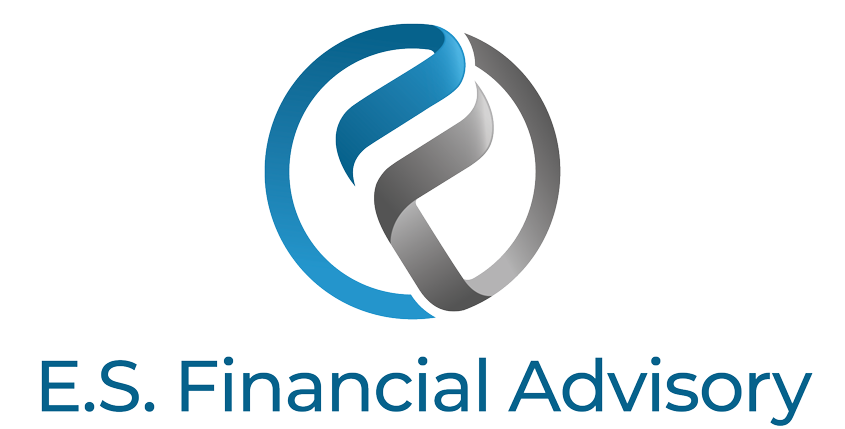How to Prepare for an Effective Audit: A Guide for Small and Medium Businesses

If you are a small or medium-sized business, preparing for an audit can seem like a complex and challenging process. However, with proper planning and the support of a professional audit firm, this process can be made easy and straightforward. In this blog, we will give you some practical tips to prepare for an audit and ensure that it is efficient and effective.
Understand the Audit Objectives
Before starting the preparations, it is important to understand why the audit is being conducted and what is expected of it. The main goals of an audit are:
- Verification of the accuracy of financial statements.
- Assessment of compliance with financial laws and regulations.
- Identifying weaknesses in internal controls and providing recommendations for improvement.
- Prepare for an audit by understanding exactly what the priority areas are and the biggest risks you may face during the process.
Organize Financial Documentation
One of the most important steps in preparing for an audit is the organization of financial documents. Make sure you have ready:
- Financial statements for the year being audited, including the balance sheet, income statement and cash flow.
- Supporting documents for key transactions, such as sales invoices, payment slips, and contracts.
- Stock reports and any inventory taken during the year.
- By organizing these documents in advance, you help the audit process to be faster and more efficient.
Improve Internal Controls
A key element to be audited is your business’s system of internal controls. Auditors will assess how effective controls are to ensure:
- Accuracy of financial data.
- Prevention of fraud and errors.
- Clear division of responsibilities between staff.
If you notice weaknesses in internal controls, it may be time to improve them before the audit begins.
Communicate with your Audit Team
Working closely with your audit firm is essential to a successful process. Discuss in advance:
- Audit focus areas.
- Potential issues that may arise during the process.
- Your team’s ability to meet auditors’ requirements for documentation and evidence.
- By keeping an open line of communication, you ensure that any issues are dealt with in a timely manner and that the audit is completed without undue delay.
Know the Legal Procedures and Local Regulations
It is important that your business complies with all local financial laws and regulations. A professional auditing and accounting firm like ours can help you understand the specific legal requirements that apply to your industry and ensure that your business complies with them.
Conclusion
By following these steps, you will be prepared for a successful and stress-free audit. At [Firm Name], we provide professional auditing and accounting services to help businesses of all sizes achieve financial compliance and improve their overall management.
Contact us today to discuss how we can help you through your audit process!
Other Articles You May Like:
For more information, visit: www.advisory.al
Follow us on social media for further updates and professional advice.
